Netzwerk Zukunftsorte – the rise of pioneering rural third spaces
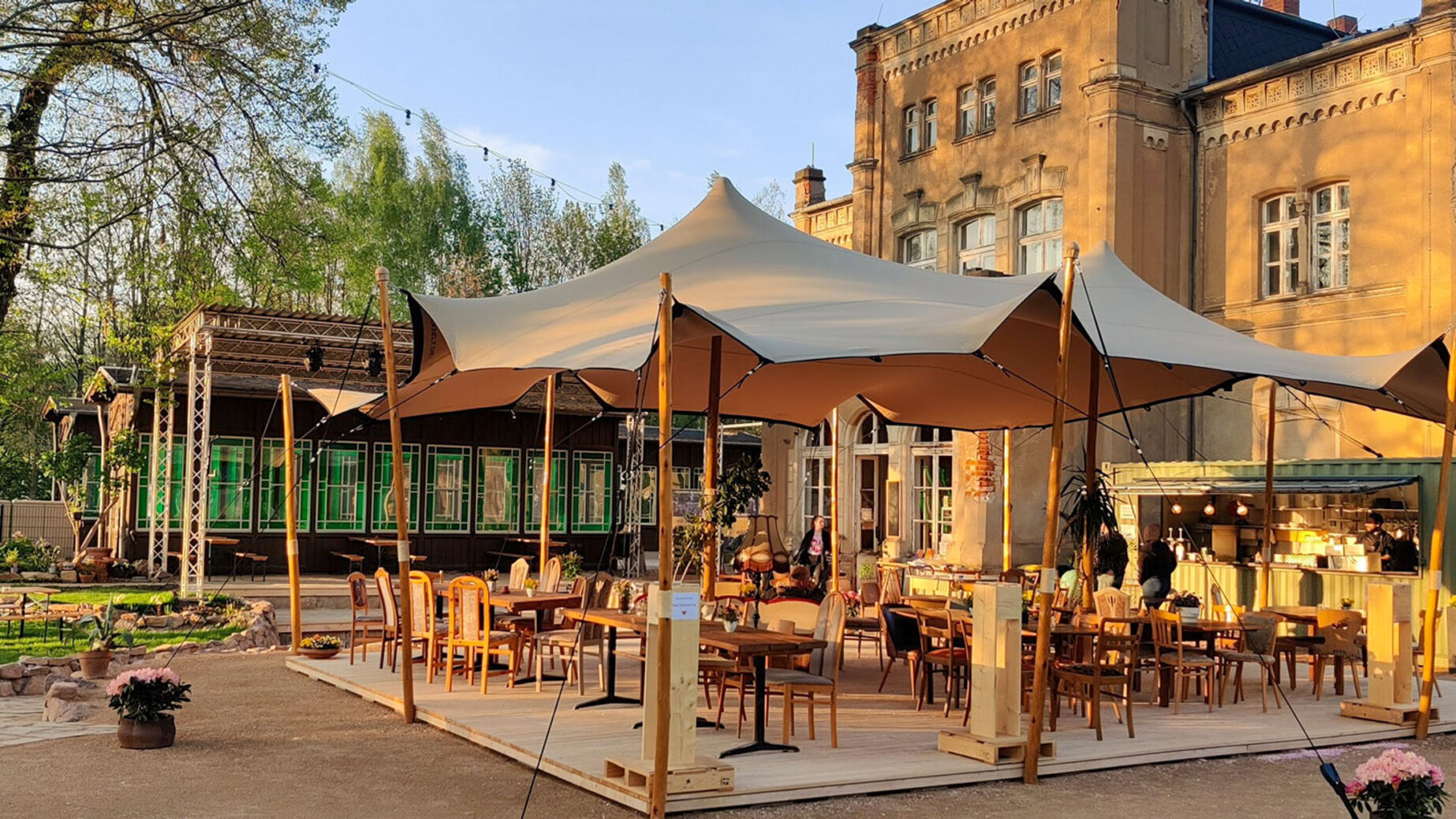
What prompted the foundation of your association and what were your goals back then?
Anne Kruse and Uleshka Asher of Netzwerk Zukunftsorte: We originally founded the association to highlight exceptional creative spaces in Brandenburg. Philipp Hentschel and Julia Paass curated the website belonging to Kreativorte Brandenburg, which spawned the Zukunftsorte initiative. The Netzwerk Zukunftsorte e.V. association was then formed in 2020. Its goal was to put Zukunftsorte (third space) activists in touch so that they could advocate for more rural third spaces centred around the common good.
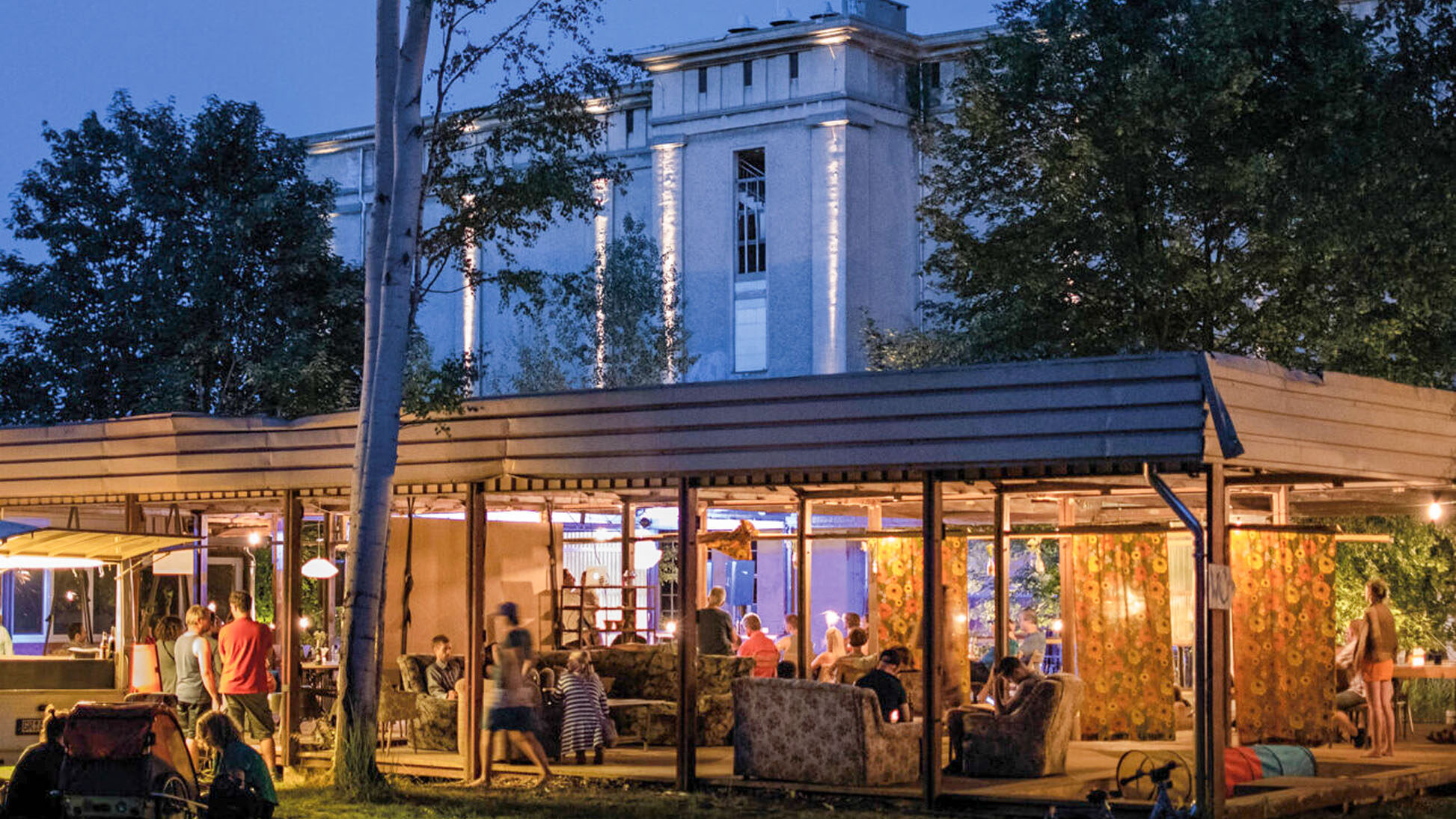
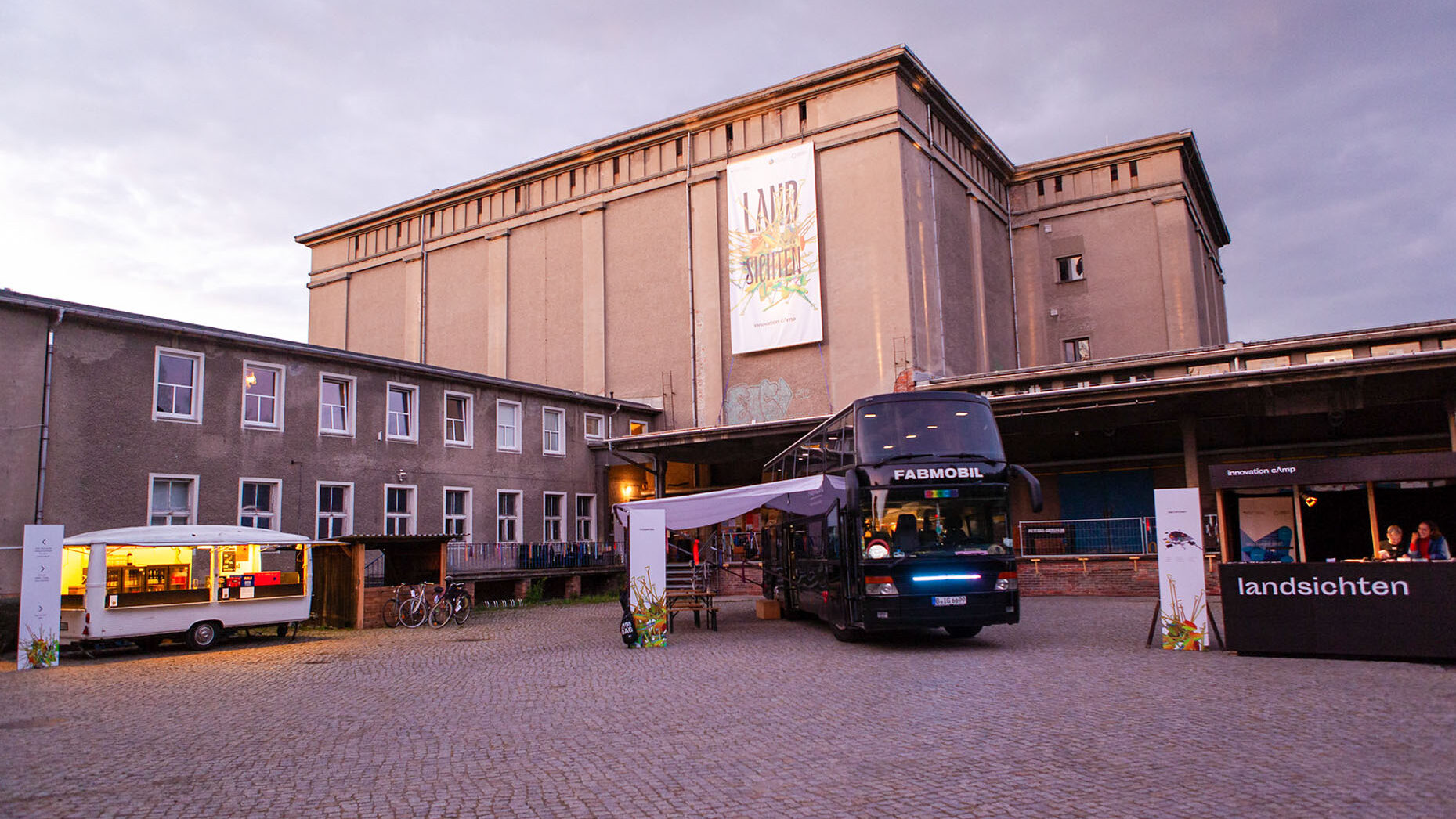
Who are your members and how do you work as a community?
Netzwerk Zukunftsorte: At the moment, we’re primarily working with Zukunftsorte, in other words, rural rejuvenation, third-space activists or organisations . These parties are very actively involved individuals, but also associations, initiatives, social enterprises, and real-estate owners. Since last year, we’ve also been working closely with keen local authorities and started the Starke Orte Netzwerk – or Strong Spaces Network as a result.
Our community revolves around interaction. During our usually online meet-ups, people talk about what they’ve experienced, the community learns from other parties’ successes and mistakes, or shares challenges. Once a year, we shine a light on a particular area by inviting the whole community to one space in our network. We also have other formats, such as the Tour De, which takes people on a day trip to a region and spaces with lots of potential for new movers and shakers. Our website also offers a knowledge platform and consultancy services, which we aim to increase significantly over the next few years.
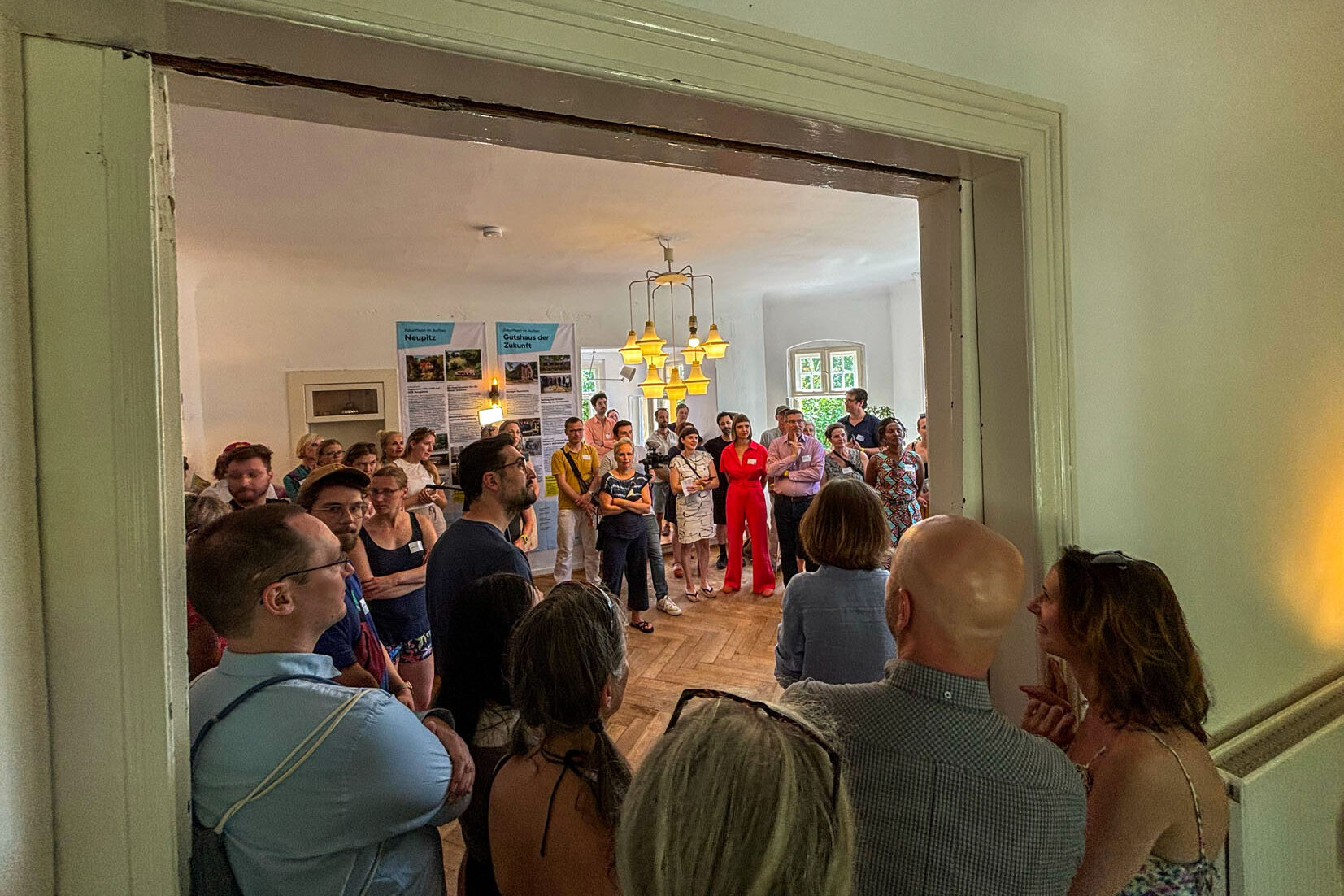
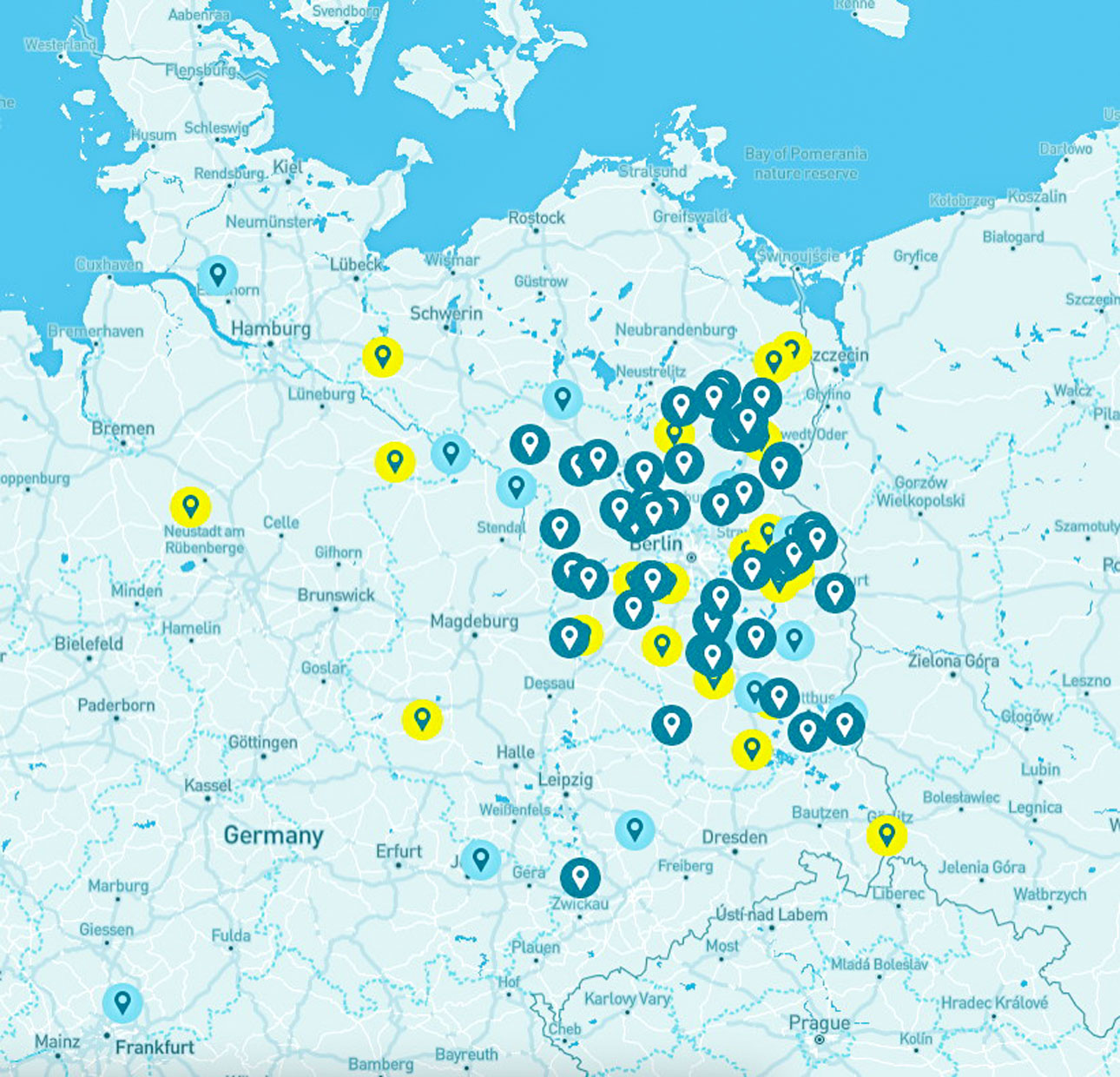
How do you select rural rejuvenation and creative spaces?
Netzwerk Zukunftsorte: Originally, we just wanted to highlight exciting spaces in Brandenburg. In other words, projects that regenerated vacant spaces in new and creative ways. Our Zukunftsorte network on the other hand has always been projects that meet several criteria important to us. For instance, some activists repurpose vacant properties, but their primary residence is local, they combine living with working and, above all, want to generate meeting spaces for everyone.
At the moment, we’re also identifying Zukunftsorte or third spaces that are still developing. These are areas that want to become a third space, but have not yet met the criteria. We give them special support and have come up with a few of our own formats such as peer learning.
You also provide consultation and an extensive knowledge platform. What do you do exactly to develop and link up places and activists?
Netzwerk Zukunftsorte: Our prime role is to connect people and impart expertise. We use our online channels, events, and other formats to inform people, organisations, and local authorities, provide spaces, property and put parties in touch with experts. We’re currently growing our knowledge platform and already offering information about developing and running third spaces. We can recommend the right experts from our network to anyone with specific questions and support needs.
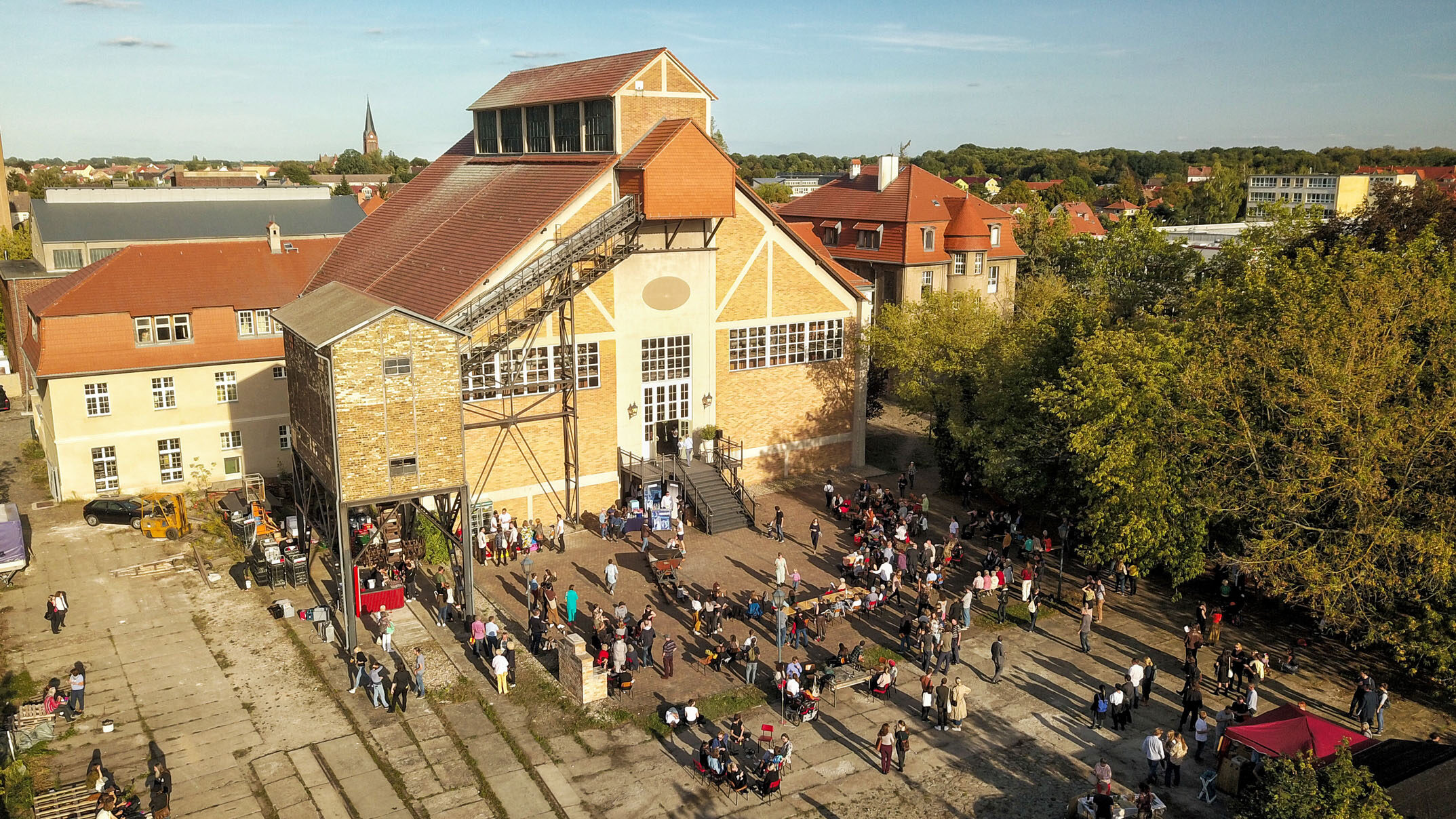
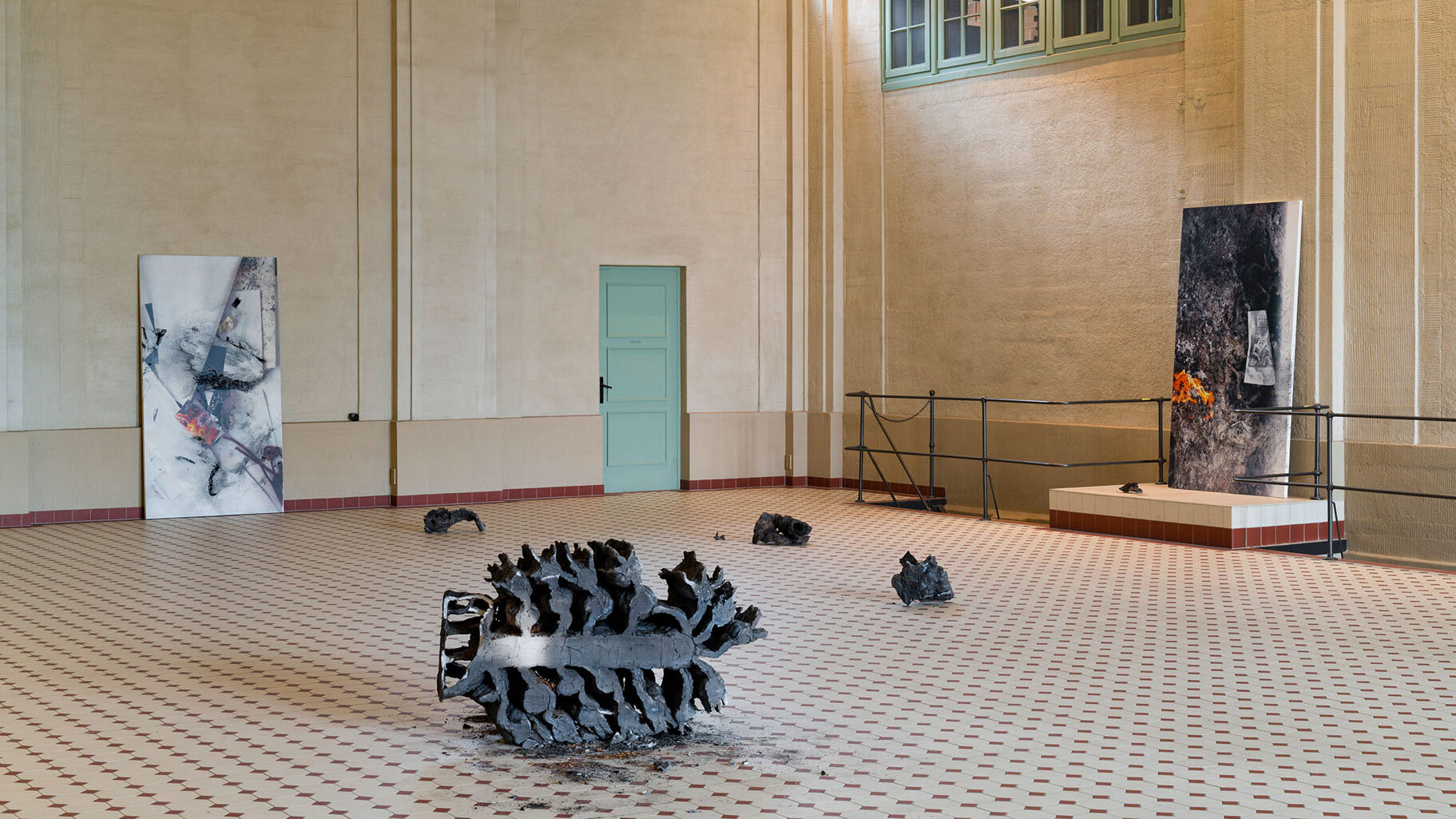
Do existing buildings then also result in architectural flagship projects?
Netzwerk Zukunftsorte: That’s not what we focus on, but it’s a nice bonus. Outstanding but challenging vacant buildings often risk becoming derelict because converting them for standard usages, such as hotels or flats, is hard and requires more inventive concepts. One attractive example of projects, perhaps also exciting from an architectural standpoint, is Luckenwalde power station. This power station is now an impressive art space called Ein Ding der Möglichkeit or Thing of Possibility. This wonderful old building was converted, extended and is now in use. This space already features in URLAUBSARCHITEKTUR. Then there are special building types such as cultural hubs at Leisnig station or Kühlhaus Görlitz.
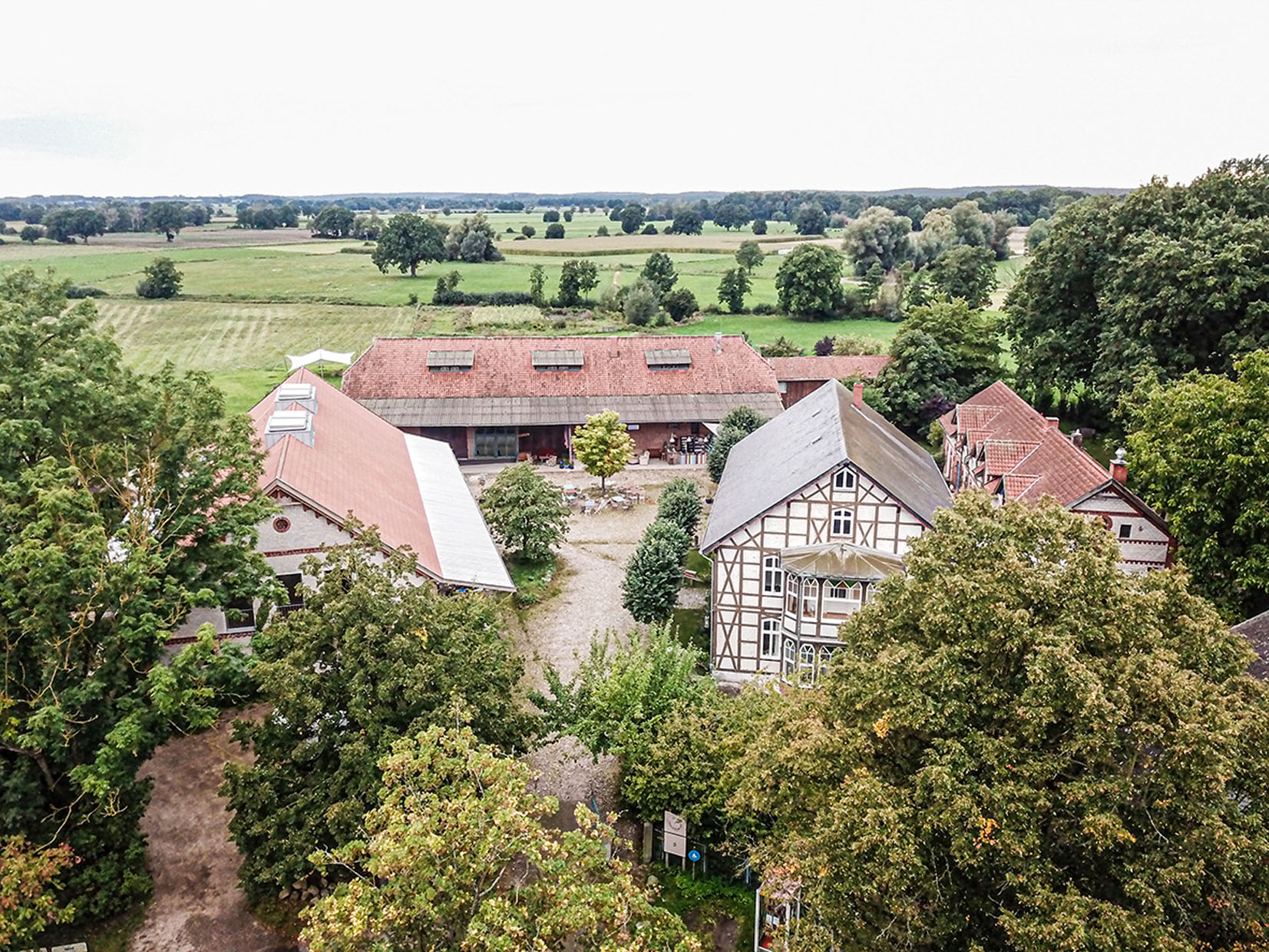
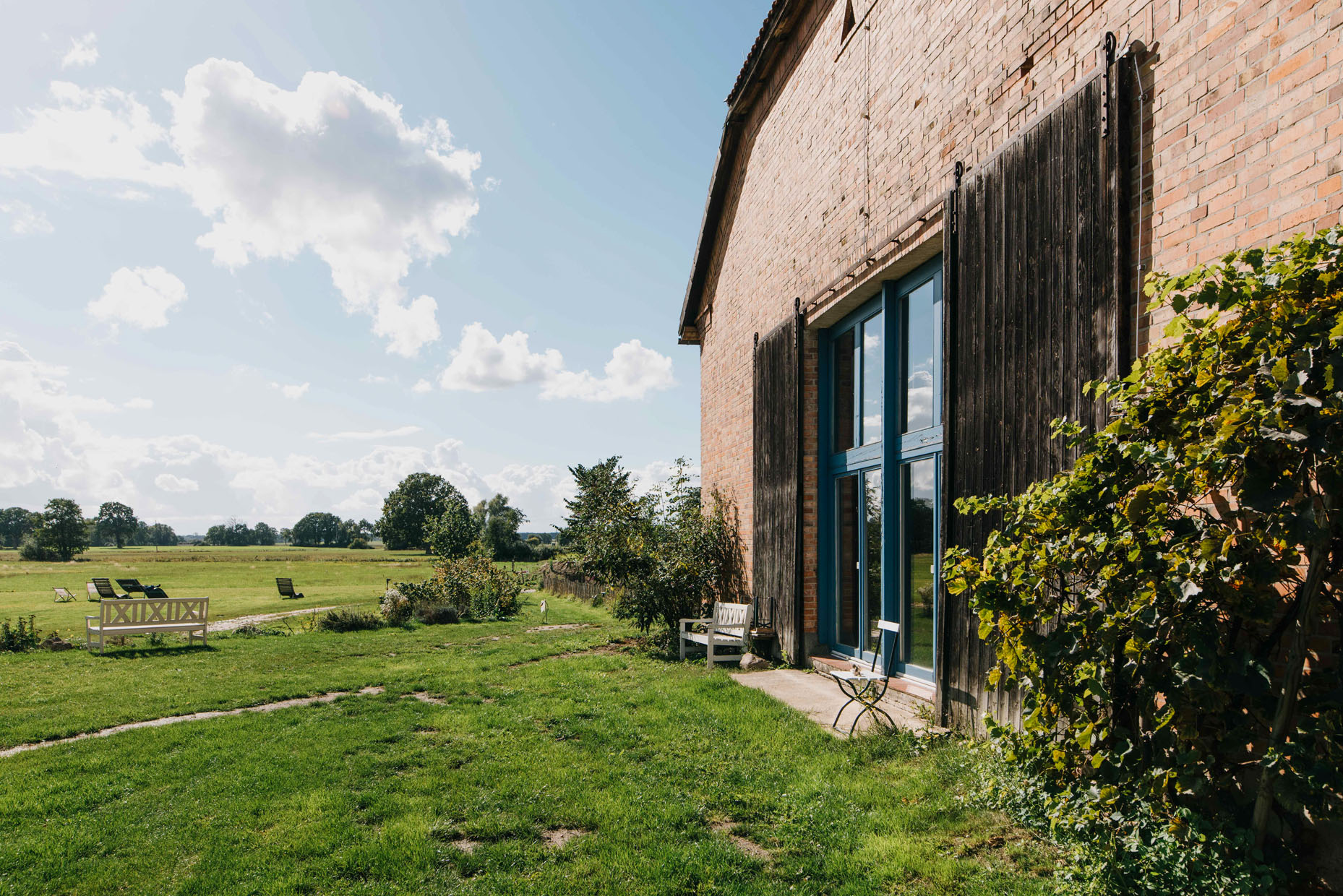
What are your plans for the future?
Netzwerk Zukunftsorte: We’re currently expanding. Our team’s growing, we’re increasing our networking, consultancy and expertise offerings and want to include many more third spaces throughout Germany this year. We’re increasingly realising that social enterprise approaches are good for local communities. And we’re seizing the opportunity to fine-tune our criteria for defining these third spaces.
We would also like to present a Zukunftsorte award in various categories soon. This would be an accolade for spaces that are very active in terms of climate protection or social entrepreneurship. As a result, we hope to make success stories even more visible and achieve a greater reach to inspire local authorities, activists and property owners to join the movement.
Who can people become part of the network?
Netzwerk Zukunftsorte: We welcome sponsors of the association at any time. All members receive free access to our regular meet-ups, the knowledge platform and recordings of past events. If you know of any interesting properties that need a motivated group and are seeking a new use, we’d be happy to hear about and share them in our property newsletter or present them in the Building Seeks New Use format.
In January 2020, the Netzwerk Zukunftsorte e.V. was born. Its goal was to bring together and support creative activists from Zukunftsorte (or third spaces) and advocate for more rural spaces open to all. Today, the network is a lively community of Zukunftsorte activists, initiatives, associations, experts with real-world experience, people from the worlds of politics and local government and property owners who want to forge new paths together.
For more information, we can recommend the network’s literature, for instance Welcome to a Third Space. This outlines the approach and impact of the Zukunftsorte networking campaign in Brandenburg (and throughout Germany) from 2023 to 2024. Some 20 new and developing third spaces were included, highlighted, connected and advised. Successes, challenges and recommendations are shared with politicians to help make policies in the future.
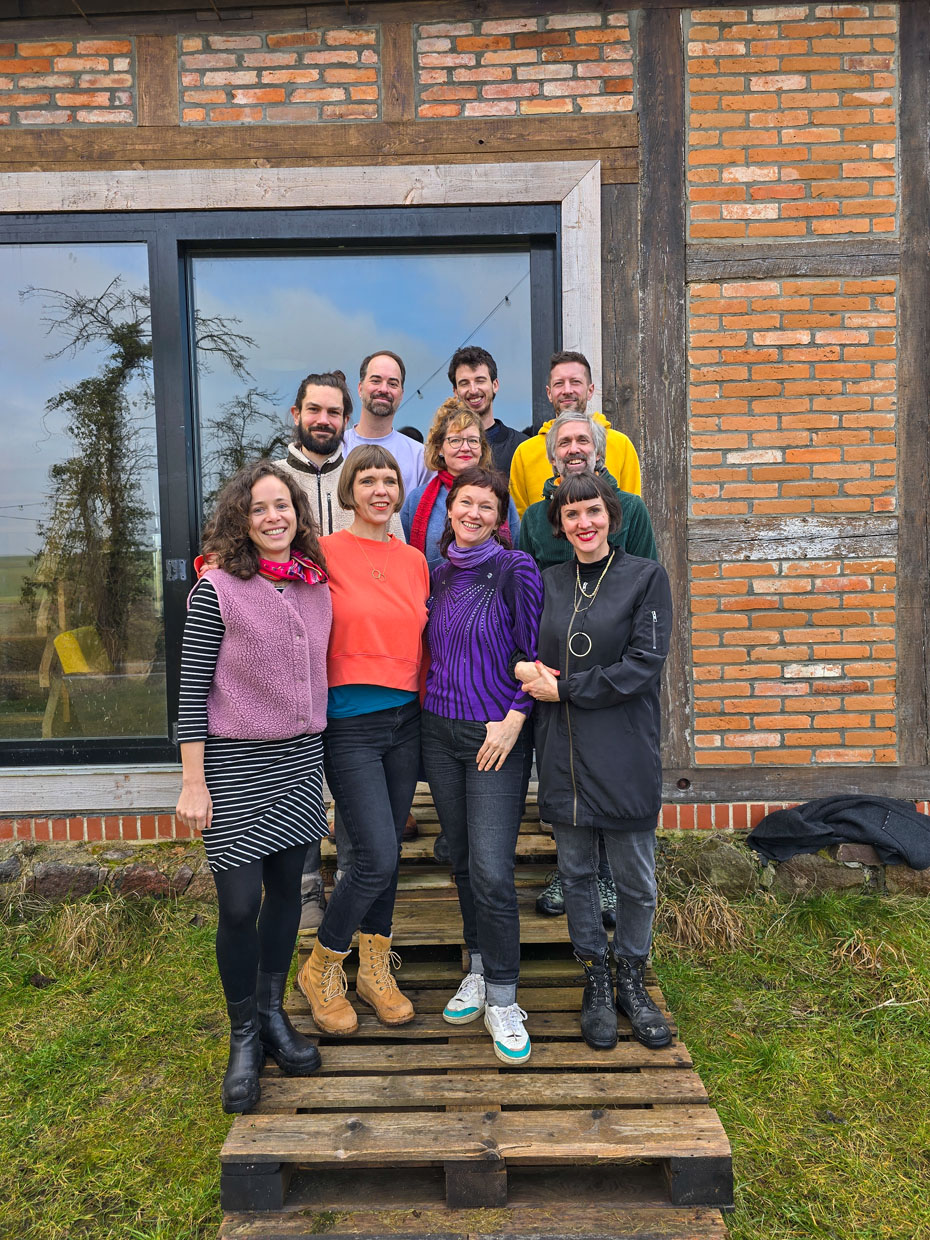
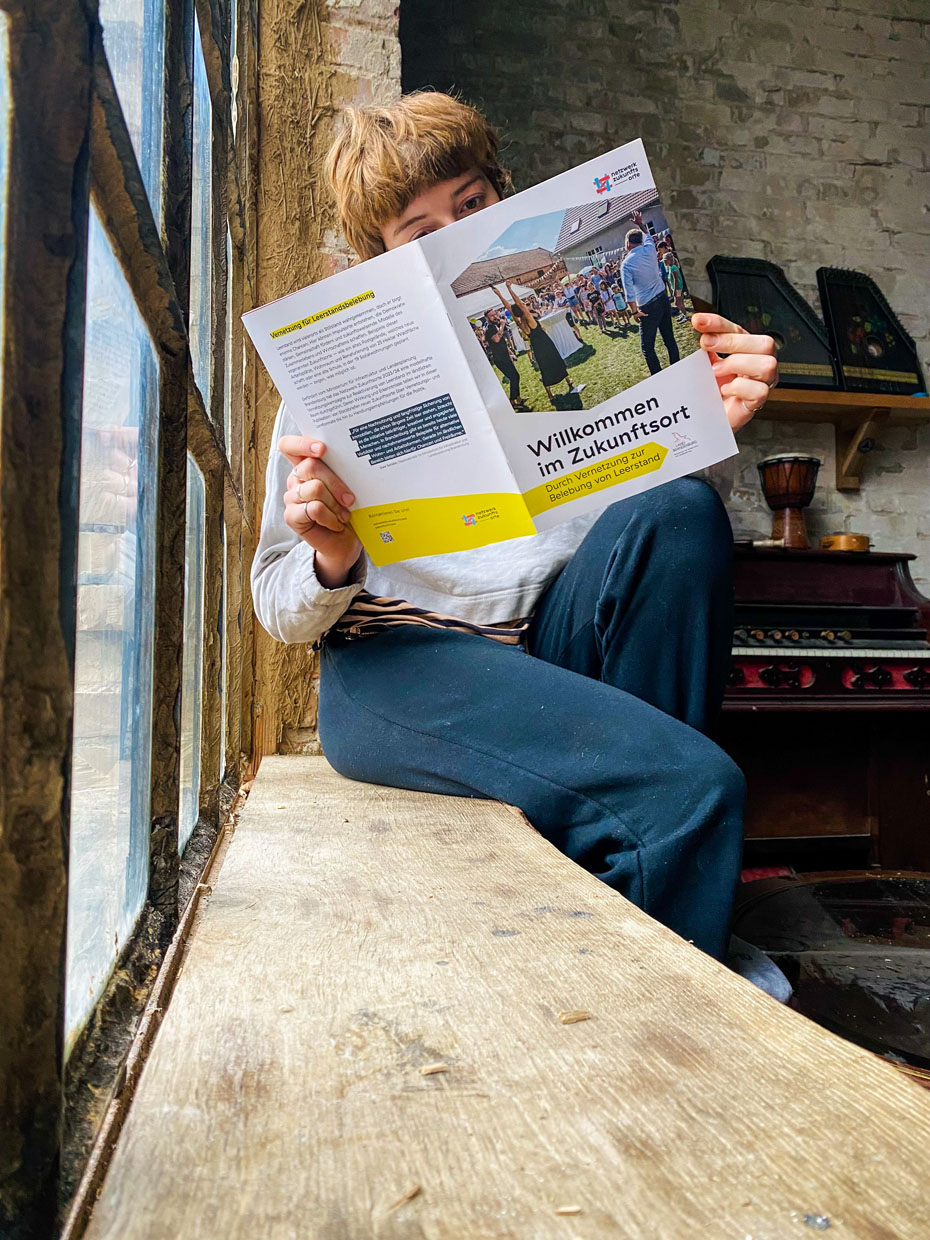
Interview: conducted by Ulrich Stefan Knoll
Photo credits: Leisnig station © Christoph Schönbeck (Cover photo), Kühlhaus Görlitz © Uleshka Asher (1), © William Veder (2), Zukunftsorte showcase 2024 in Neupitz © Netzwerk Zukunftsorte (3), Map showing spaces in the © Netzwerk Zukunftsorte (4), Luckenwalde power station © Tim Haber (5), © Stefan Korte (6), Ein Ding der Möglichkeit © Ulrike Schacht (7), © Nils Grugel (8), Team photo February 2025 © Netzwerk Zukunftsorte (9), Welcome to a Third Space © Farina Luka Tolksdorf (10)
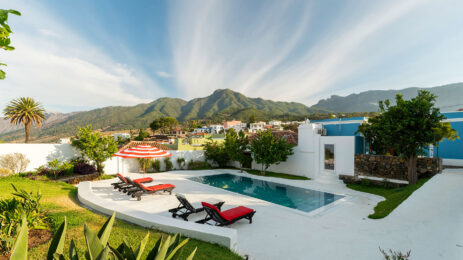

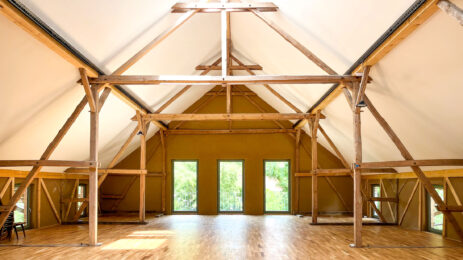
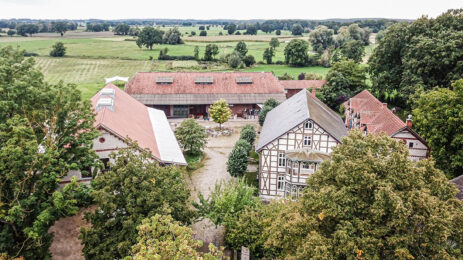
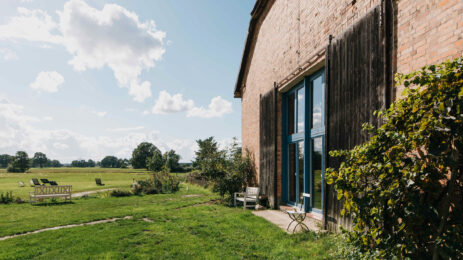
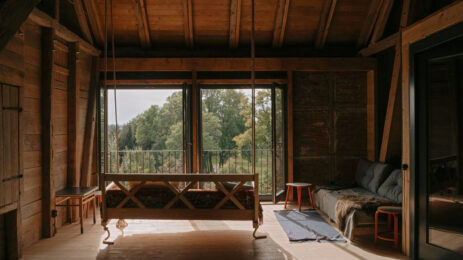
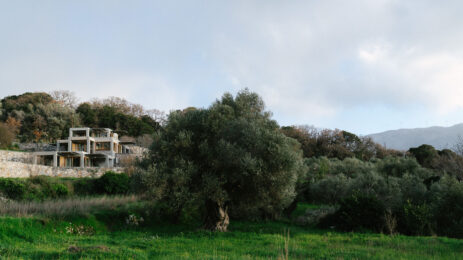
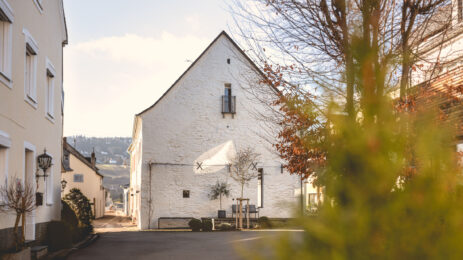
0 Comments